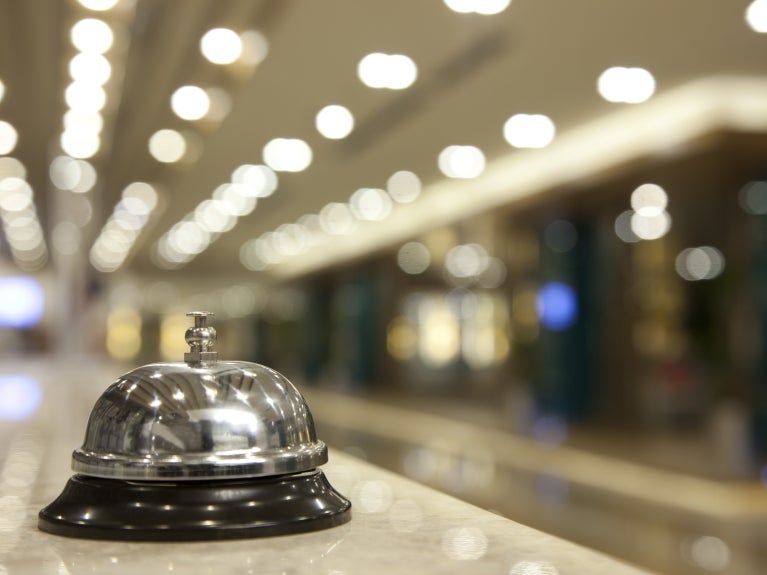Subway Construction Work Did Not Inversely Condemn Hotel Property

A hotel owner brought a lawsuit against a county transportation authority and a general contractor for nuisance and inverse condemnation alleging that the construction of an underground subway line disrupted the operation of the hotel and caused various problems, such as noise and dust, which interfered with the use and enjoyment of the property and resulted in monetary damages. The Court of Appeal found no liability under either inverse condemnation or nuisance theories. Today's IV, Inc. v. Los Angeles County Metropolitan Transportation Authority, 83 Cal.App.5th 1137 (2022).
Today's IV, Inc. owns and operates the Westin Bonaventure Hotel in Los Angeles. The Los Angeles County Metropolitan Transportation Authority built the Regional Connector Transit Project, which connects three Metro rail lines and runs through the city block where the Bonaventure is located. Today's IV alleged that the cut-and-cover construction method (as opposed to tunnel boring), construction work during nights and weekends, violation of noise limits, and interference with access to the Bonaventure caused lost contracts and loss of business.

With respect to impairment of right of access, the court of appeal found that the hotel owner failed to state a claim for inverse condemnation under the theory of intangible intrusion because it did not adequately allege that the traffic detours set up by the transportation authority caused their property to suffer from an intangible intrusion that was direct, substantial, and peculiar to the property itself. The court similarly found that, with respect to dust and noise, the hotel owner also failed to state a claim under the same theory because it did not allege that the intrusion was unique, special, or peculiar in comparison with other stakeholders in the area.
The hotel owner also alleged that the defendant's conduct constituted a nuisance. The court acknowledged that the complaint adequately alleged interference with the use and enjoyment of its property that was substantial. However, the court ruled that the complaint failed to allege that the loss of business and prospective contracts claimed by the Bonaventure were harms that outweighed the social utility of the construction project — which included reducing travel times, transfers and traffic congestion and improving air quality — and therefore failed to state a claim for private nuisance.
Finally, the court considered defendants' argument that they were protected from liability under a state statute that provides that "nothing which is done or maintained under the express authority of a statute can be deemed a nuisance." The court agreed with this argument and found that the defendants were immune from liability for the hotel owner's nuisance claim, even if nuisance had been substantiated.
Print and share
Topics
California Land Use & Development Law Report
California Land Use & Development Law Report offers insights into legal issues relating to development and use of land and federal, state and local permitting and approval processes.